Leveraging Digital and Social Infrastructure for Economic Inclusion
An estimated 42 million households in the U.S. lack access to broadband internet or the ability to purchase broadband services even as digital tools and skills have become critical to economic opportunity. Black, Indigenous and People of Color (BIPOC) are disproportionately impacted by this, hampering their long-term ability to generate wealth and close theracial wealth gap. Social and professional networks, or social capital, plays a significant role in supporting economic mobility through job offers and new business contacts. In today's economy, digital access also affects one's ability to maintain and grow their social capital.
Siegel Family Endowment (Siegel) awarded a grant to the New Growth Innovation Network (NGIN) in November 2021 to examine how digital equity' and social infrastructure can be leveraged for wealth generation among BIPOC, and the role of economic leaders and organizations - locally and regionally - in advancing more equitable outcomes. NGIN undertook three lines in inquiry:
In what ways does digital equity support wealth generation, and what is its impact?
How are communities advancing or planning to advance digital equity, especially through the Infrastructure Investment and Jobs Act (IJA)?
How can communities utilize social infrastructure ot advance digital equity for BIPOC wealth creation and equitable economic opportunity?
The research, insights, and recommendations for this project were developed by Swati Ghosh, Morgan Wortham (Research Fellow) and M. Yasmina McCarty on the NGIN team.
Support for this research was provided by Siegel Family Endowment (Siegel). The views expressed here do not necessarily reflect the views of the donor.

